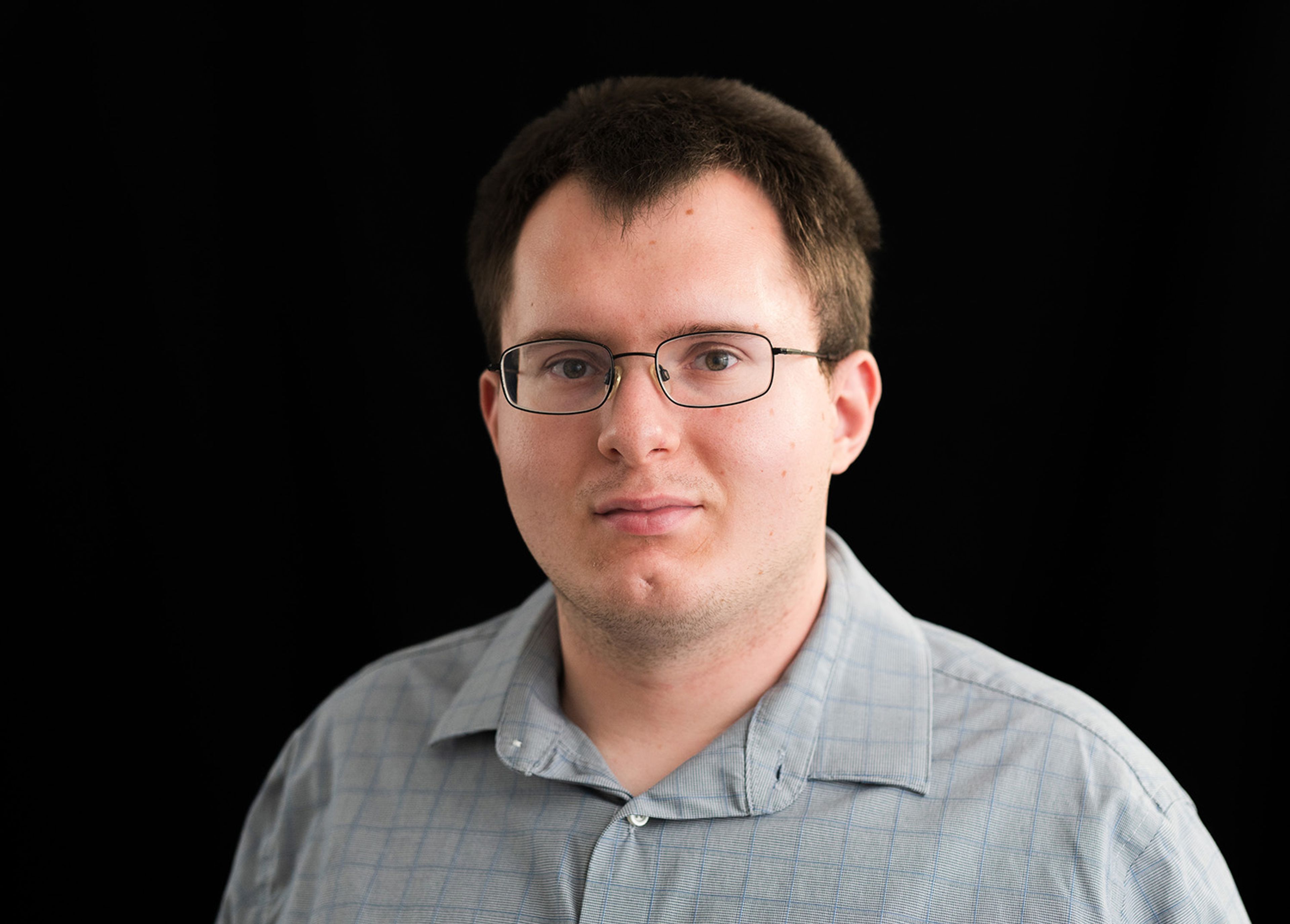Symposium presenter says x-factors key to economic future
Economic futurist Andrew Busch presented about economic trends as the keynote speaker at the Southeast Entrepreneurship and Economic Development Symposium (SEEDS) on Thursday, Nov. 30. "As a futurist, I'm not going to give you the future," Busch said to hundreds of attendees at the Drury Plaza Hotel Conference Center. "I'm going to show you the path to the future."...
Economic futurist Andrew Busch presented about economic trends as the keynote speaker at the Southeast Entrepreneurship and Economic Development Symposium (SEEDS) on Thursday, Nov. 30.
"As a futurist, I'm not going to give you the future," Busch said to hundreds of attendees at the Drury Plaza Hotel Conference Center. "I'm going to show you the path to the future."
Busch is the former first chief market intelligence officer for the U.S. government and has provided market briefings to the White House, U.S. Congress, the Federal Reserve Board and U.S. Treasury staff.
During his presentation, Busch laid out various "x-factors", or potential scenarios that could impact the American economy in the near future. These included events such as global conflicts, cybersecurity attacks, a government shutdown or President Joe Biden suffering health issues.
Speaking of Biden, Busch previewed some of the discussed policy positions of Democrat and Republican agendas following the 2024 presidential election and provided his thoughts on what would and would not work from either one.
Politics played only a small role in Busch's presentation. Leading off his speech, Busch discussed how the coronavirus- related shutdowns were detrimental to the American economy, but it has recovered since then.
However, he said the gross domestic product is almost certainly going to slow over the course of the next year. Busch was confident the country would not experience a recession.
The majority of the American economy, some 70%, is based on consumer spending, Busch said. Of that, 70% is from services and only 30% is from goods. During the pandemic, he said, spending went up on goods because services were often unavailable.
"That's part of the reason we had such a problem with inflation through the goods sector, because there was such huge demand and not enough goods getting produced," he said. Nowadays, however, Busch said the demand for services is increasing.
He also said inflation will likely take a half-decade or more to subside, in part because of the large number of jobs being created over the last few years.
"When Americans say that they don't feel good about the economy and the economy's growing at 5%, it's all about inflation. It's all about the price level going up and staying there," he said.
The U.S. is, however, currently undergoing the largest wealth increase in its history, largely due to real estate and the stock market, Busch said.
Busch touched on several other issues, such as the state of Chinese property sales influencing the global economy and the Russian- Ukrainian and Middle Eastern conflicts' impact on gasoline and energy prices.
He predicted Chinese tensions will cool down, while America will enjoy increased trade with Europe.
Busch talked about the housing market's declining affordability, more workers working from home and how that leads to empty offices in larger cities. He also mentioned the likely rise of electric vehicle use and a bevy of companies utilizing artificial intelligence for talent acquisition, cybersecurity and digital reproductions to increase workforce productivity.
"Look at the concepts of what these companies are trying to do," he told the audience. "That's where the future is."
SEEDS, now in its fifth year, is an annual conference organized by the Harrison College of Business & Computing at Southeast Missouri State University. This year, members of the Cape Girardeau Area Chamber of Commerce also helped to organize it.
Other speakers at Thursday's symposium were senior economist Charles Gascon of the Federal Reserve Bank of St. Louis; entrepreneurs James Stapleton and Dan Cobb; and health care executives Ken Bateman of SoutheastHEALTH, Justin Davison of Saint Francis Healthcare System, Jason Schrumpf of Delta Medical Center and Chris Wibbenmeyer of Mercy Hospital Perryville.
Connect with the Southeast Missourian Newsroom:
For corrections to this story or other insights for the editor, click here. To submit a letter to the editor, click here. To learn about the Southeast Missourian’s AI Policy, click here.










